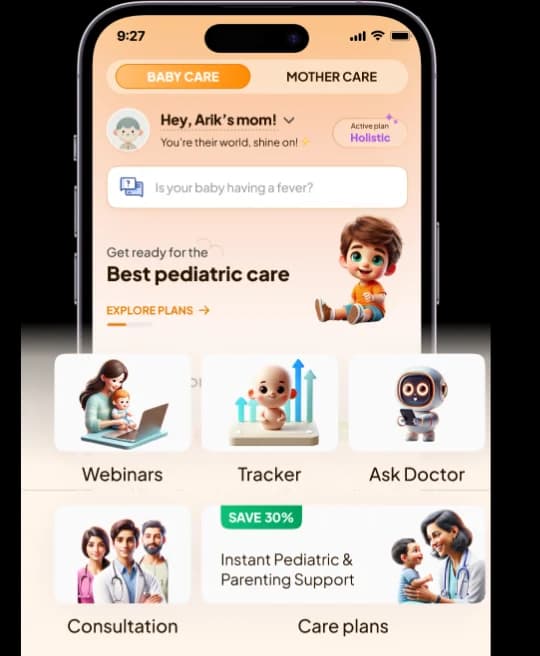
Maternal, Infant, & Early Childhood: Nutrition's 1000 Day Opportunity Window
Nutrition is essential for the growth and development of children, especially during the first 1000 days of life. This period, which spans from conception to a child's second birthday, is critical for laying the foundation for lifelong health and well-being. Adequate nutrition during this window can help prevent malnutrition, stunting, and other health issues that can affect a child's physical and cognitive development.
In this blog post, we will explore the importance of maternal, infant, and early childhood nutrition during this 1000 day opportunity window.
What Is "The First Thousand Days Of Life"?
"The first thousand days of life" refers to the period from conception to the child's second birthday. This period is critical for the child's growth and development as it lays the foundation for their physical, mental, and emotional health.
Undernutrition and Malnutrition in the First Thousand Days:
- Undernutrition and malnutrition during the first thousand days of life can have long-term consequences for the child's health and development.
- Children who do not receive adequate nutrition during this period are at a higher risk of stunted growth, cognitive impairment, and poor health outcomes later in life.
Breaking the Intergenerational Cycle of Undernutrition and Malnutrition:
- Undernutrition and malnutrition are intergenerational cycles that can be broken by providing evidence-based, high-impact nutrition treatments throughout the first thousand days of life.
- Equitable access to these treatments is essential to ensure that all children have the opportunity to reach their full potential.
Efforts by the United Nations in India:
- The United Nations in India is working with the Indian government to address undernutrition and malnutrition during the first thousand days of life.
